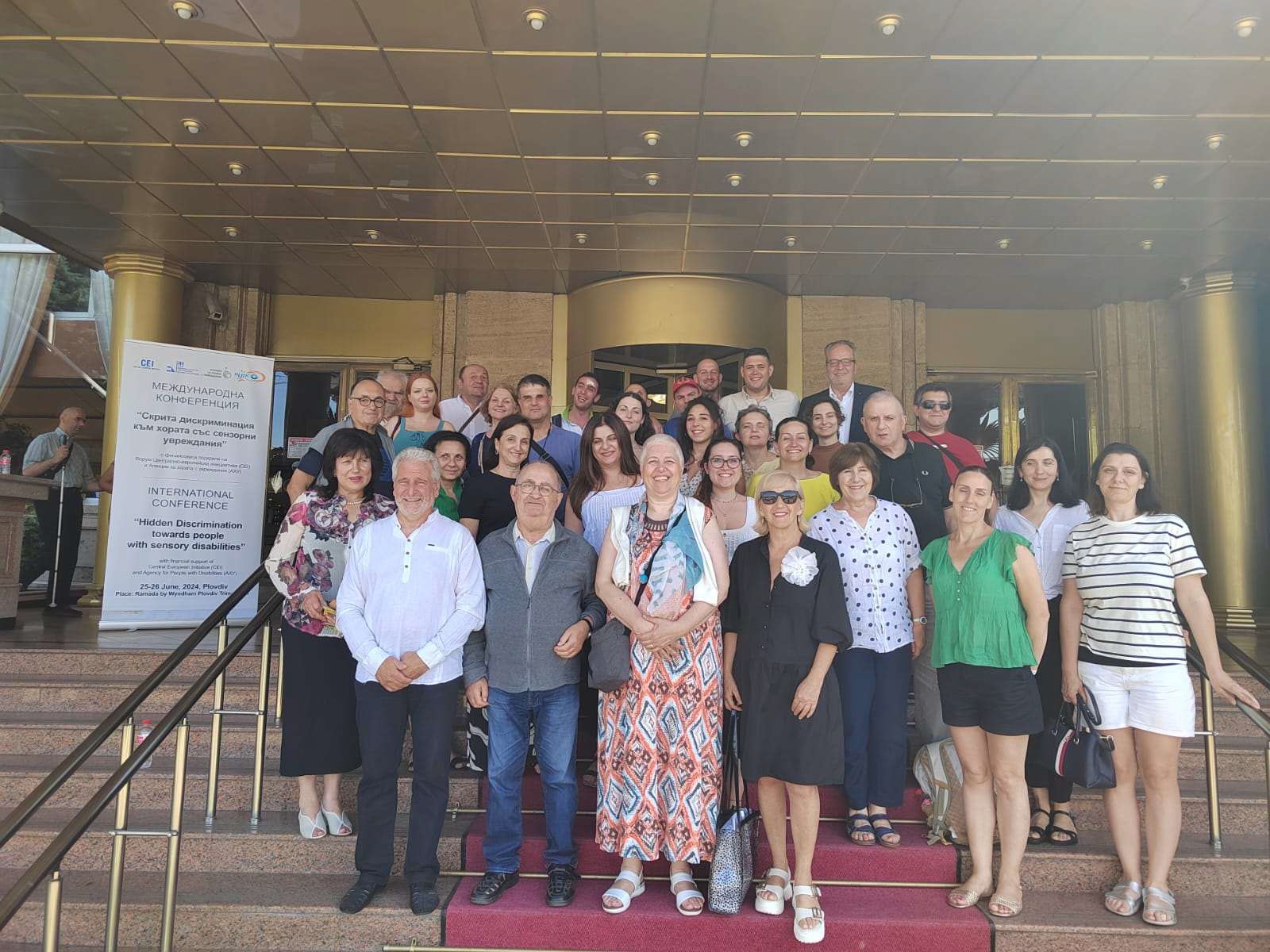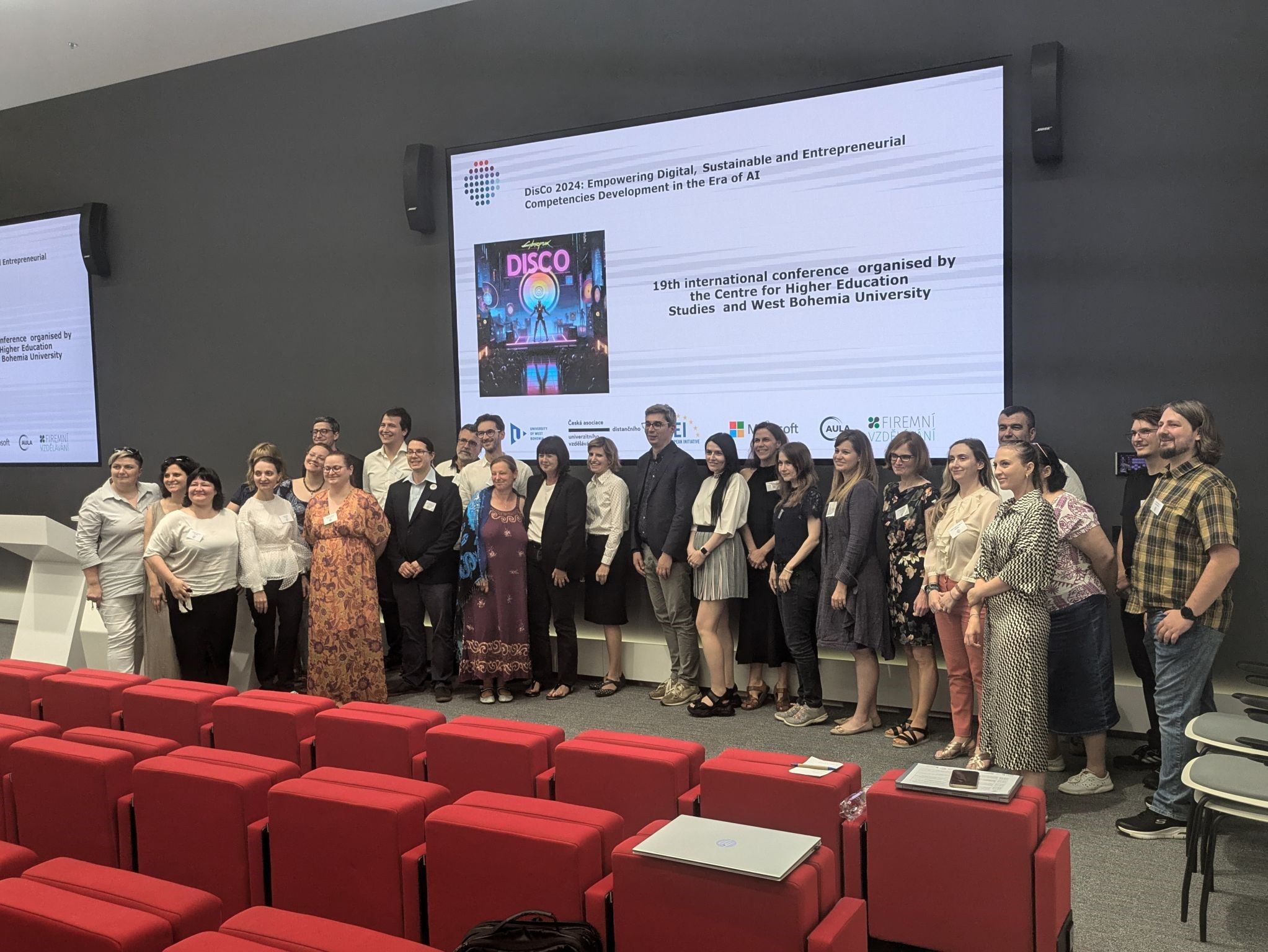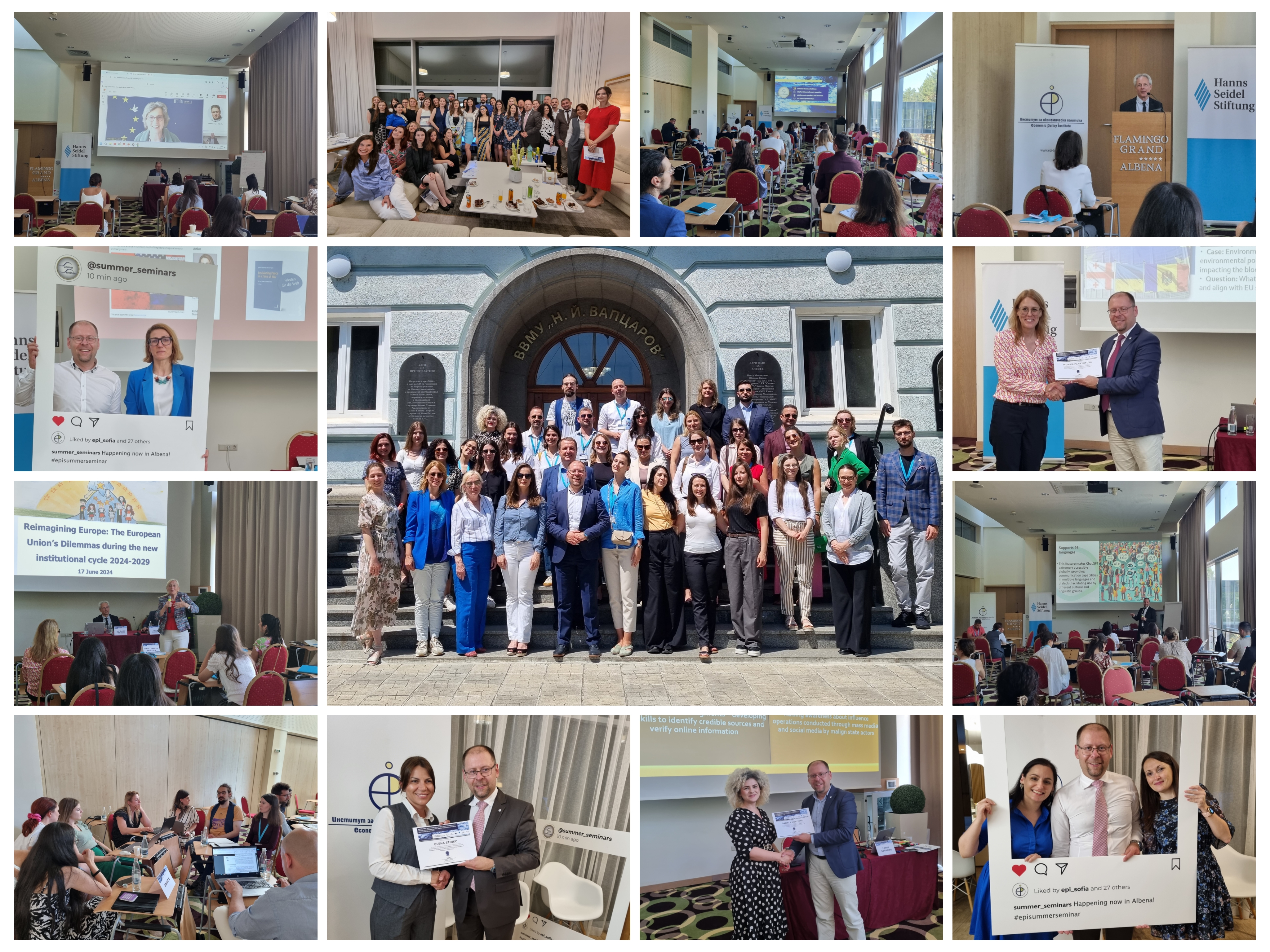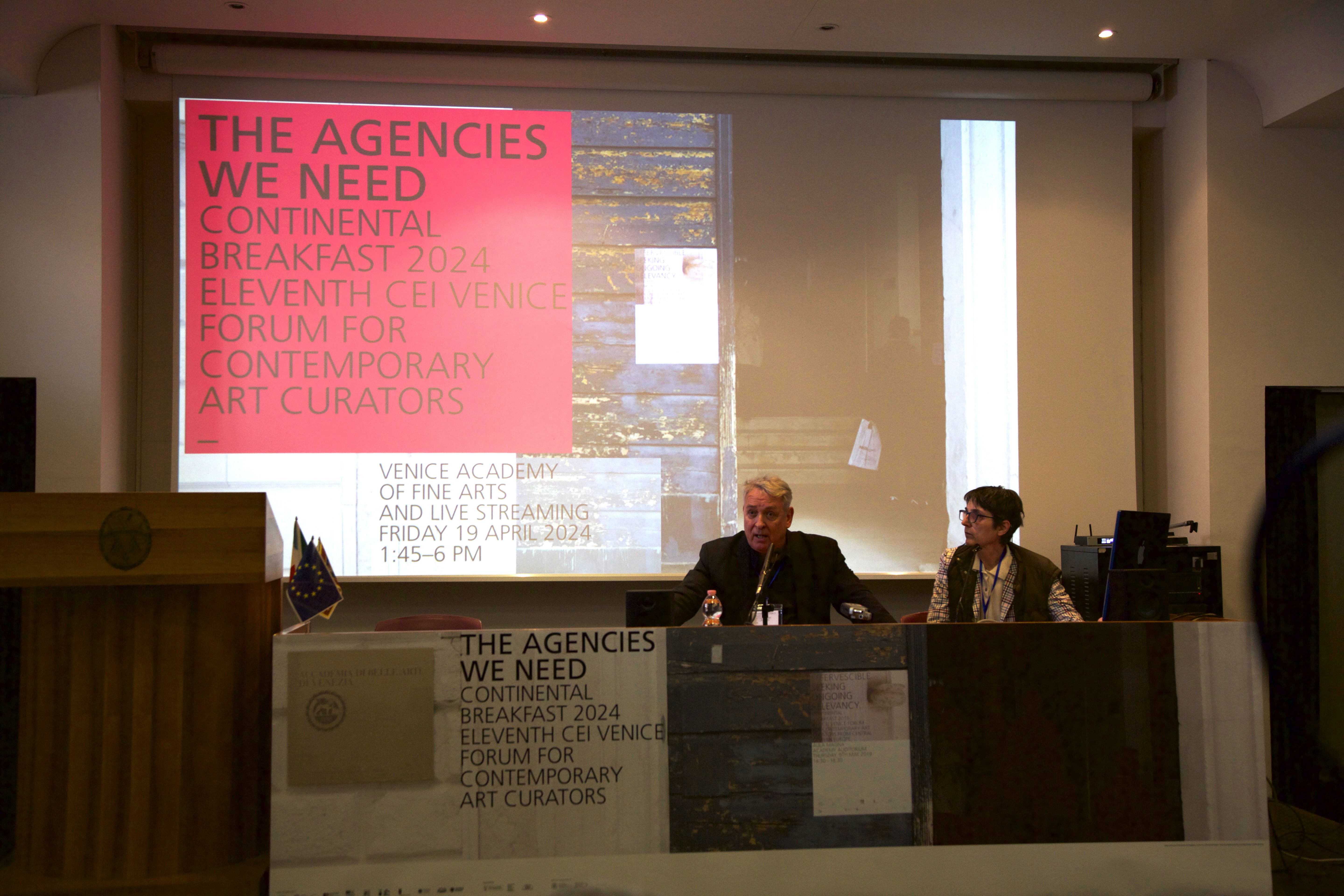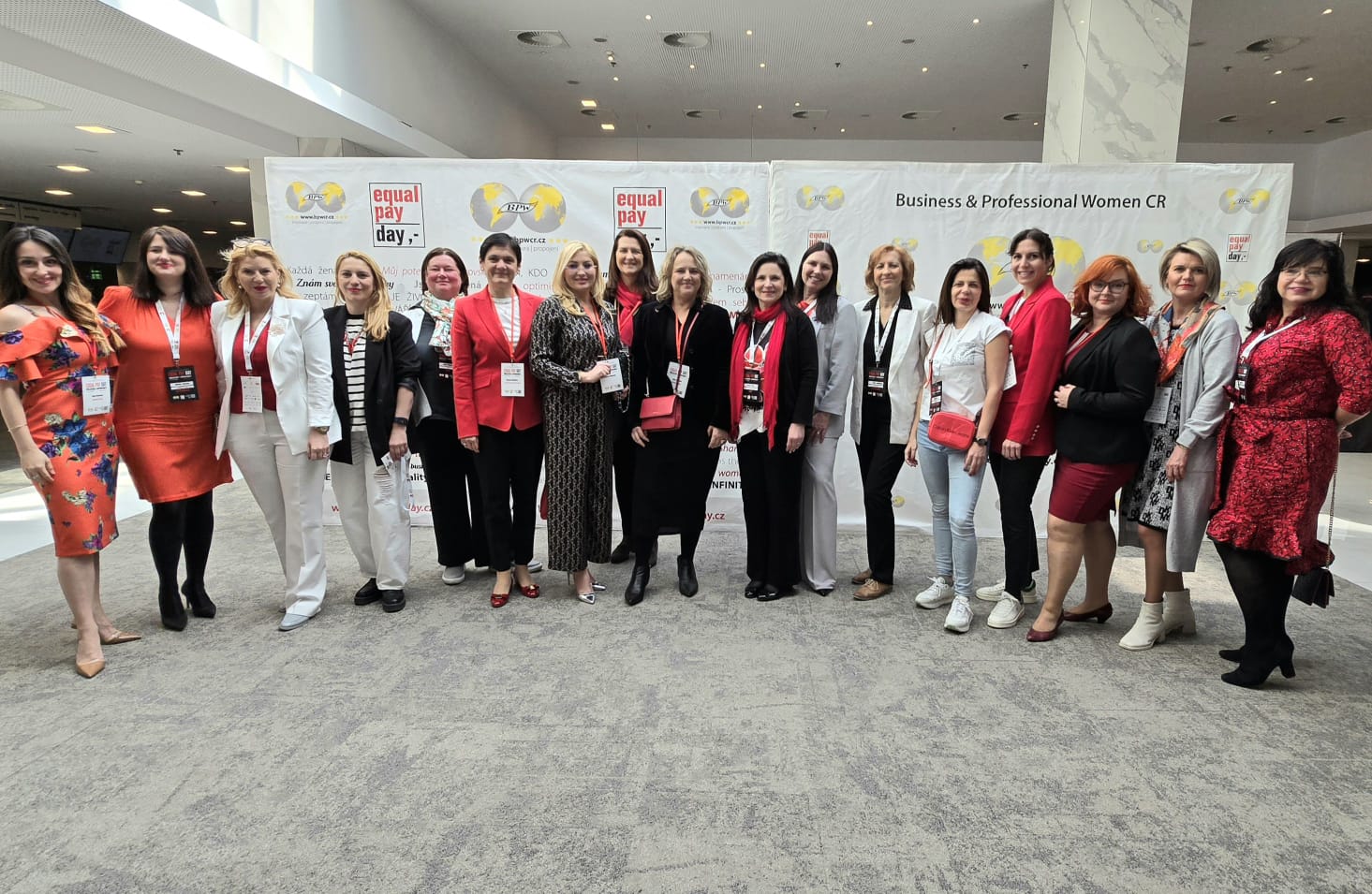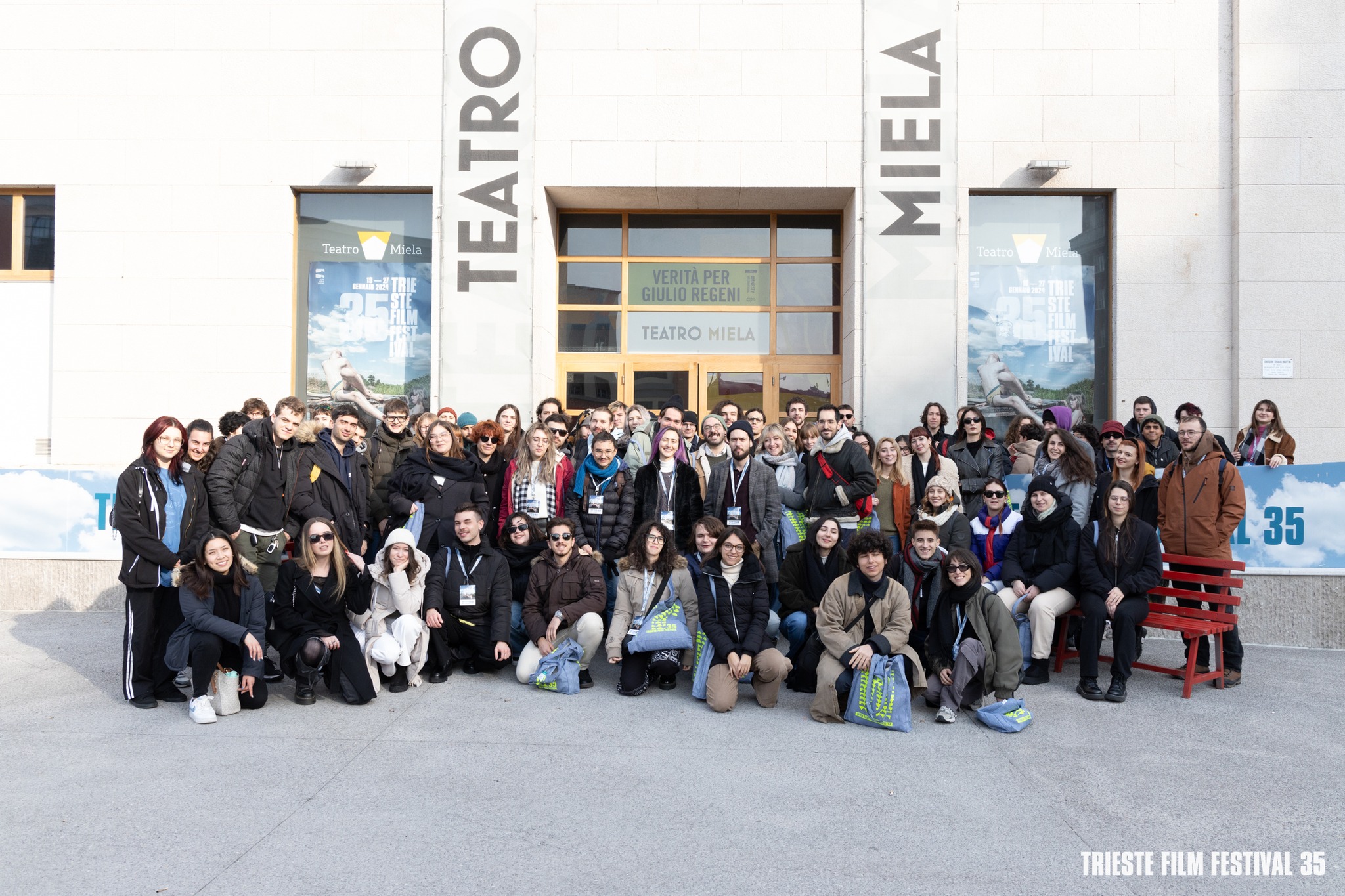On 11-15 July, the MUN Slovenia Club (MUNSC), an NGO within the youth section of the United Nations Association of Slovenia, organised the MUNSC Salient 2016 edition at the Faculty of Social Sciences of the University of Ljubljana under the honorable patronage of the President of the Republic of Slovenia, Borut Pahor.
The annual five-day youth conference, which focused on global issues in the UN spotlight, witnessed the participation of more than 70 delegates worldwide to elaborate on issues such as migration flows encompassed under the overarching theme of inequality in the 21st century.
Under the title "Deconstructing Contemporary Inequalities", MUNSC Salient 2016 explored the causes, symptoms and possible solutions for inequalities defining current societies and posing serious threats to peace and stability. The opening session on Monday was addressed by President of UNAS, prof. Bojko Bucar; Deputy Director-General of Multilateral Affairs, Development Cooperation and International Law of the Slovene MFA, Minister Veronika Boskovic Pohar; and CEI Focal Point Migrations Manager, Ugo Poli.
The conference was divided into two parts:
Part I shaped the traditional Model United Nations (MUN) methodology, in which the participants assume the role of state representatives within three simulated “Council meetings”: in the simulated UN Security Council, representatives addressed the issue of youth radicalisation and the importance of including young people in key decision-making processes; in the European Council “heads of states”, players tackled the issue of multiculturalism and European order in the post-migration era; while in the simulated UN Human Rights Council, the MUNSC delegates drafted a Declaration on the Rights of Peoples and Individuals to International Solidarity for providing a viable foundation to more equitable international order. Part II consisted of workshops and roundtables focusing on specific topics of the overarching theme such as the relationship between humanitarian crises, development challenges and youth; the multicultural future of Europe; the contemporary forms of inequality to shift from despair to solidarity.
On Wednesday, 13 June, the conference also hosted an exclusive public discussion - with the Ambassador of the Italian Republic, H.E. Paolo Trichilo - on the topic of “Assisting the vulnerable populations – Italy’s experience with refugees”.
In addition to expanding participants’ understanding of contemporary global issues, MUNSC Salient offers its delegates a chance to cooperate with their peers from other countries and develop a variety of abilities and skills, which they can transfer back into their local environment. In doing so, the conference goal is also to nurture lasting networks of future decision-makers, who will be able to apply their intercultural experience in effectively addressing problems that shall define their time.
This event was co-financed by the CEI Cooperation Fund in the framework of the Extraordinary Call for Proposals for co-financing Cooperation Activities on migration and related crime.
Also supported by: Slovenia’s Development Cooperation (Slovenian Ministry of Foreign Affairs); the Embassy of the United States in Ljubljana; the Faculty of Social Sciences of the University of Ljubljana; and Ljubljana Public Transport.

Organising team
The annual five-day youth conference, which focused on global issues in the UN spotlight, witnessed the participation of more than 70 delegates worldwide to elaborate on issues such as migration flows encompassed under the overarching theme of inequality in the 21st century.
Under the title "Deconstructing Contemporary Inequalities", MUNSC Salient 2016 explored the causes, symptoms and possible solutions for inequalities defining current societies and posing serious threats to peace and stability. The opening session on Monday was addressed by President of UNAS, prof. Bojko Bucar; Deputy Director-General of Multilateral Affairs, Development Cooperation and International Law of the Slovene MFA, Minister Veronika Boskovic Pohar; and CEI Focal Point Migrations Manager, Ugo Poli.
The conference was divided into two parts:
Part I shaped the traditional Model United Nations (MUN) methodology, in which the participants assume the role of state representatives within three simulated “Council meetings”: in the simulated UN Security Council, representatives addressed the issue of youth radicalisation and the importance of including young people in key decision-making processes; in the European Council “heads of states”, players tackled the issue of multiculturalism and European order in the post-migration era; while in the simulated UN Human Rights Council, the MUNSC delegates drafted a Declaration on the Rights of Peoples and Individuals to International Solidarity for providing a viable foundation to more equitable international order. Part II consisted of workshops and roundtables focusing on specific topics of the overarching theme such as the relationship between humanitarian crises, development challenges and youth; the multicultural future of Europe; the contemporary forms of inequality to shift from despair to solidarity.
On Wednesday, 13 June, the conference also hosted an exclusive public discussion - with the Ambassador of the Italian Republic, H.E. Paolo Trichilo - on the topic of “Assisting the vulnerable populations – Italy’s experience with refugees”.
In addition to expanding participants’ understanding of contemporary global issues, MUNSC Salient offers its delegates a chance to cooperate with their peers from other countries and develop a variety of abilities and skills, which they can transfer back into their local environment. In doing so, the conference goal is also to nurture lasting networks of future decision-makers, who will be able to apply their intercultural experience in effectively addressing problems that shall define their time.
This event was co-financed by the CEI Cooperation Fund in the framework of the Extraordinary Call for Proposals for co-financing Cooperation Activities on migration and related crime.
Also supported by: Slovenia’s Development Cooperation (Slovenian Ministry of Foreign Affairs); the Embassy of the United States in Ljubljana; the Faculty of Social Sciences of the University of Ljubljana; and Ljubljana Public Transport.

Organising team

